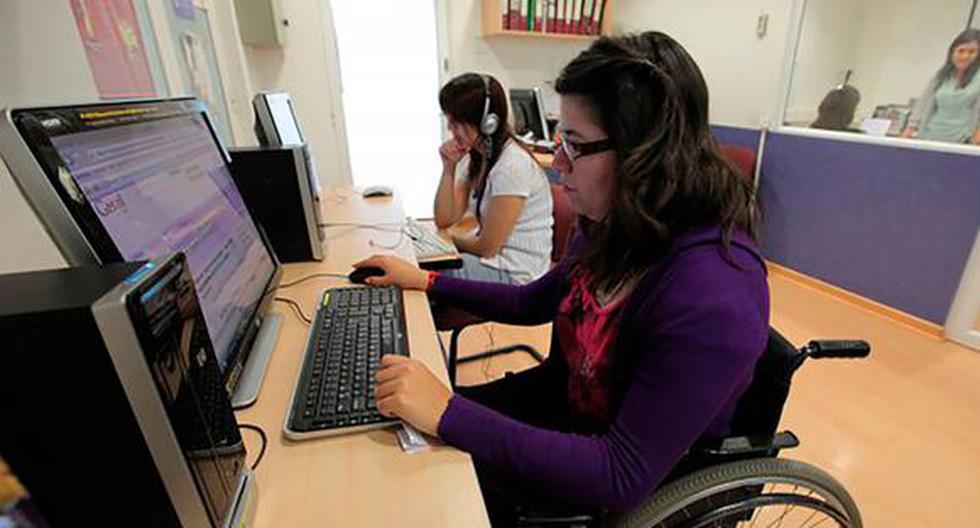On December 3 is celebrated the International day of persons with disabilitieswhich, according to the Report on the Labor Market for Persons with Disabilities in Peru carried out by the Ministry of Labor and Employment Promotion, represent approximately 5% of the national population.
According to the aforementioned report, approximately 1,175,000 Peruvians with disabilities are of working age and 44.4% of these were employed during 2021.
“It is important that people with disabilities are aware of the current legislation and, therefore, their rights. And in the case of companies, it is key that they are clear about their obligations, so that they can contribute to equal opportunity access to employment for people with disabilities, in addition to avoiding fines”, says Natalia Orrego, senior associate in the labor area of Estudio Olaechea.
What are the obligations of companies?
The current regulation recognizes the right of all persons with disabilities to work on equal terms with others, with equal opportunities and remuneration for work of equal value, and with fair, safe and healthy working conditions. In addition, it indicates that companies with more than 50 workers are required to hire people with disabilities in a proportion of no less than 3%.
“Additionally, people with disabilities have the right for the employer to make reasonable adjustments in the workplace, meaning those that do not entail an excessive economic burden, in accordance with the criteria set by the Ministry of Labor,” comments Orrego.
The labor lawyer explains that one of the criteria taken into account is that reasonable adjustments do not imply the stoppage of the production cycle in such a way that compliance with the company’s production goals is jeopardized, which may be proven, as appropriate. the case, with the profit and loss statement, with proformas or quotes from the suppliers that are required to implement the aforementioned adjustments, among others.
Once this criterion has been met, some reasonable adjustments that can be cited are: entrances that allow the transit of wheelchairs, file cabinets and desks adapted to their height, ergonomic door knobs or alarm systems for fall prevention in restrooms, among others. .
On the other hand, there are also incentives for companies, such as, for example, the additional deduction of third-category income tax on the remunerations paid to these people, as well as on the expenses for reasonable adjustments.
According to the Ministry of Labor, by 2021, half of workers with disabilities work in companies with 101 or more workers. And 33% do so in companies with 1 to 10 workers, despite the fact that they are not required to do so. Additionally, there are 446 promotional companies, in which people with disabilities represent 30% of the workforce.
Inspection and sanctions
Sunafil is the entity in charge of supervising compliance with labor regulations and before which people with disabilities who consider that their rights have been violated can file their complaints by telephone or through the digital platform created for this purpose.
According to the expert, heCompanies with more than 50 workers that do not comply with the mandatory employment quota for people with disabilities can, according to the regulation, receive fines that can reach up to S/ 69,000 (15 UIT).
“In general, there is a willingness to promote access to employment for people with disabilities. It is important that this be maintained, create awareness about the different capacities that people have and work on integration and non-discrimination”, ended.

















